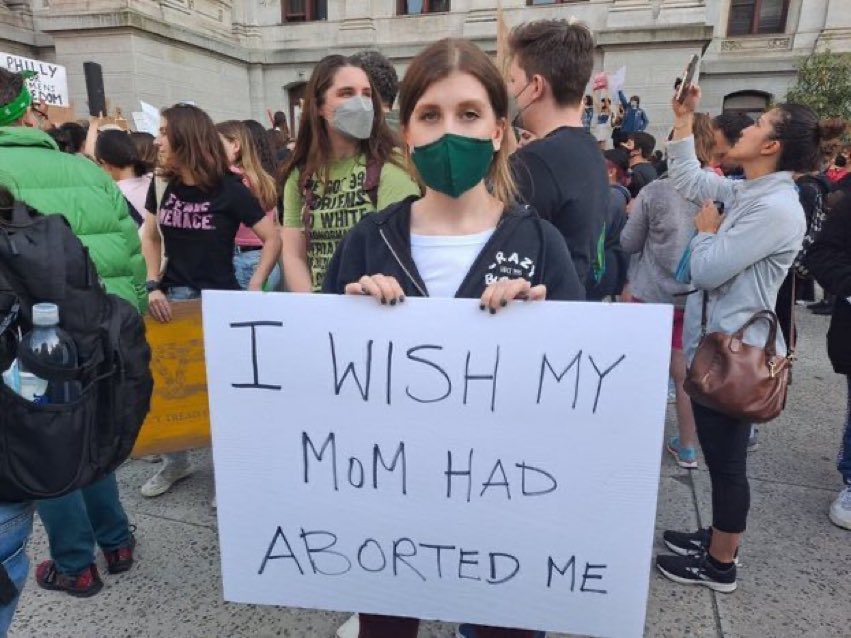I'm saying what you said is clearly false. You have the right to smoke weed in some states but not in others, for example.
We're kinda working on that one, but when it comes to the others we've already sorted out...
By your (apparent) reasoning, the right to vote can be selectively granted depending upon what state you live in or what color your skin might be.
Well, no. Not if something in the Constitution forbids the restriction of voting rights like that.
A state has a "right" to restrict the rights of individuals as they see fit, so whether it is weed or boogers or showing up at the polls, the state rules supreme.
Isn't that exactly the case in the United States? The states have the power to make some things illegal, unless the Constitution forbids the states from making it illegal.
It gets real tedious trying to explain US Constitutional Law to someone that has a very very limited (non-existent) understanding of it.
The Constitution originally contained limitations to impeding on the rights of individuals to ONLY the Federal Government.
After the Civil War and the 14th Amendment was added to the Constitution, the reservations in the Constitution started getting applied to the states via Due Process. This was a long road. It started in 1897 with eminent domain, free speech in the 1920s, 1960s with double jeopardy, etc...
Then there is the "right to privacy", which I feel is implied in the 4th Amendment, but it takes until 1891 for SCOTUS to begin viewing it as something that does exist. And the 9th Amendment explicitly points out that just because it isn't mentioned specifically, doesn't mean it isn't a right. That fear was one reason the Bill of Rights almost never existed, because the Founding Fathers feared its use would be perverted.
So, this isn't as simple as "the states have the power to make some things illegal, unless the Constitution forbids the states". The Constitution does not explicitly state that the 14th Amendment means states have to abide by Constitutional Protections. Our country has a complicated 240+ year of constitutional law, and most of the stuff isn't black and white, our form of government isn't like that.
Alito's draft opinion seems to say that previous decisions and amendments (4th and 14th) notwithstanding, rights are conditional based on location, and that if an individual in a state says "I have this right," the state can say "but do you, really?"
Isn't that an exact description of the United States? Some states restrict how much water your toilet uses. Some places let men go topless where it would be forbidden for women to go topless.
And the question is where does the line get drawn. And in the 1960s, they were deciding that a line should be drawn at hemorrhaging women who suffered from a botched abortion. That isn't meant to be an emotional plea, but an indication that in the 1960s, with women going into the workforce and what not, illegal abortion was becoming a national health care crisis.
All of this talk about this ban being for the health of the woman is flat out lie. And the care of babies post birth by most pro-lifers is grossly deficient in empathy.


